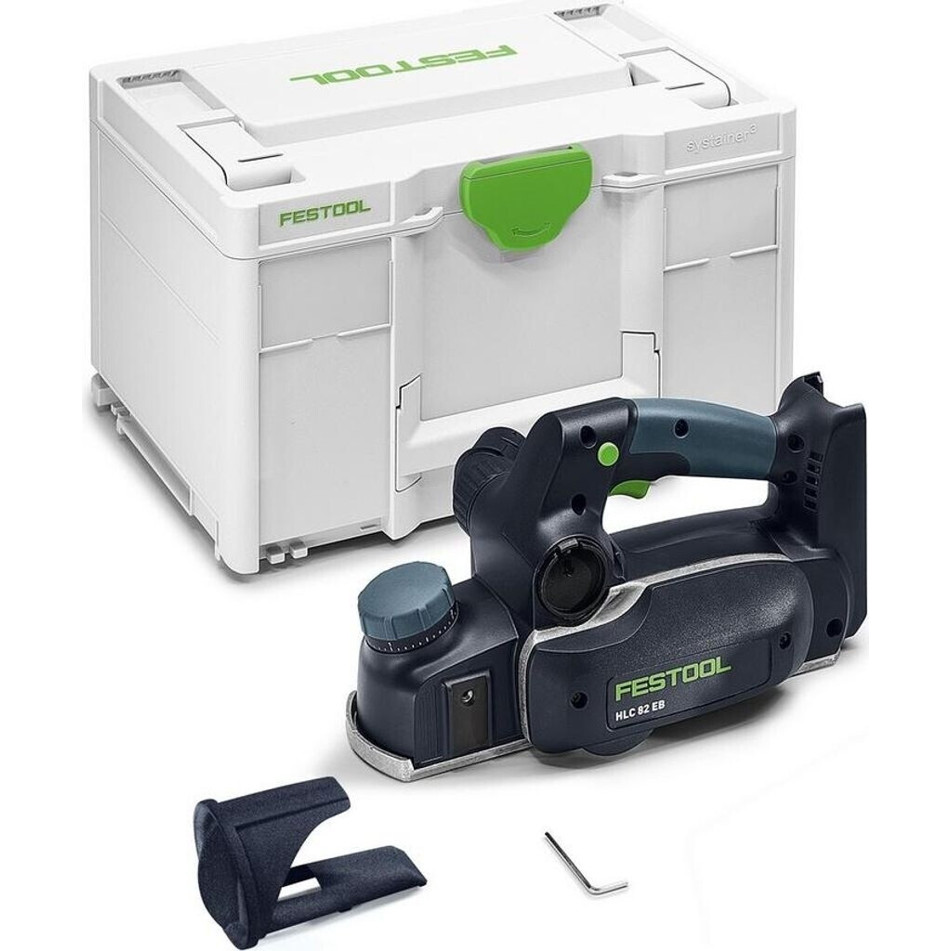10 Healthy Habits To Use Electric Planer Test
페이지 정보
작성자 Chante 작성일 25-11-22 21:03 조회 3 댓글 0본문
The Comprehensive Guide to Electric Planer Testing: A Deep Dive into Performance, Precision, and Practical Use
Electric planers are important tools in the workshop of any woodworker or DIY enthusiast. They offer an effective way to attain smooth surface areas, decrease thickness, and develop bevels. However, Oberfräse Online Bestellen not all electric planers are produced equal, and with the large range of options offered on the market, it is necessary to comprehend how to test their efficiency. In this article, we will explore the crucial elements that identify the efficiency of electric planers, how to perform tests, and what to try to find when selecting the right model for your projects.
Understanding the Electric Planer: A Brief Overview
Before diving into the testing process, let's very first comprehend what an electric planer is and its primary elements:
- Motor: Drives the cutting blades.
- Cutter Head: Houses the sharp blades.
- Base Plate: The flat part that rests versus the wood surface.
- Depth Adjustment Control: Allows users to set the thickness of the product being planed.
Electric planers are used mostly to flatten, level, or smooth rough lumber. They master shaping wood and Akku Geräte Set Günstig (https://squareblogs.net/forestitaly29/10-quick-tips-on-planer-combination-device) reducing thickness effectively compared to manual techniques.
Key Features to Consider
When assessing an electric planer, consider the following functions:
| Feature | Description |
|---|---|
| Cutting Width | The width of the cut the planer can manage throughout each pass. |
| Depth of Cut | Maximum depth of material that can be eliminated in a single pass. |
| Motor Power | The power of the motor, determined in amps, determines the tool's efficiency. |
| Weight | Much heavier designs often offer much better stability but may be harder to maneuver. |
| Product Compatibility | Ability to deal with numerous kinds of wood (wood vs softwood). |
| Corded vs. Cordless | Portability and running time factors to consider. |
Evaluating an Electric Planer: Step-by-Step Process
Checking an electric planer involves a number of criteria, consisting of performance, accuracy, and user experience. Below, we detail the procedure to conduct reliable tests:
1. Setting Up
To make sure a fair test, follow these preparation steps:
- Calibrate Equipment: Oberfräse Vergleich, bestbizportal.Com, Ensure that the coordinator is adjusted according to the maker's guidelines.
- Select Wood Samples: Choose a variety of wood types (softwoods and woods) to figure out adaptability.
- Set Depth of Cut: Adjust the depth of cut while carrying out tests to check different settings.
2. Efficiency Tests
A. Cutting Efficiency
Test Method: Measure how rapidly the planer gets rid of product over a given duration.
| Planer Model | Material Type | Time Taken (Seconds) | Depth Set (mm) | Planing Results |
|---|---|---|---|---|
| Model A | Pine | 20 | 1.5 | Smooth, very little tear |
| Design B | Oak | 25 | 1.5 | Smooth, some tear out |
B. Depth of Cut Consistency
Test Method: Akku Werkzeug Set Angebot Maschinen set 18V (blogfreely.net) Use a caliper to determine the thickness of the wood before and after planing.
| Planer Model | Initial Thickness (mm) | Final Thickness (mm) | Reduced Thickness (mm) | Notes |
|---|---|---|---|---|
| Model A | 25 | 23 | 2 | Constant throughout samples |
| Model B | 25 | 24.5 | 0.5 | Inconsistent depth |
3. Accuracy Tests
A. Surface Smoothness
Test Method: Inspect the surface area texture for smoothness using sandpaper or a straightedge.
| Planer Model | Wood Type | Smoothness Rating (1-5) | Observations |
|---|---|---|---|
| Model A | Pine | 4 | Little to no splintering |
| Model B | Oak | 3 | Some tear out at edges |
4. User Experience
Test Method: Evaluate user comfort, weight circulation, and ease of blade modification.

| Planer Model | Weight (kg) | Ease of Use (1-5) | Comfort Rating (1-5) | Noise Level (dB) |
|---|---|---|---|---|
| Model A | 3 | 4 | 4 | 85 |
| Model B | 4.5 | 3 | 3 | 90 |
Conclusion: Assessing the very best Electric Planer
Through extensive screening across a number of efficiency metrics, woodworkers can determine which electric planer finest fits their needs. Whether concentrating on performance, precision, or user convenience, understanding the essential elements will considerably improve the selection procedure.
Regularly Asked Questions (FAQs)
Q1: What is the distinction between a corded and a cordless electric planer?
- Response: Corded planers normally offer greater power and constant runtime, while cordless designs offer mobility and convenience without fretting about power outlets.
Q2: How do I maintain my electric planer?
- Answer: Regularly check and replace blades, tidy the planer after usage, and make sure that dust and particles do not build up in the motor and vents to prolong its life expectancy.
Q3: Can electric planers manage more difficult woods?
- Response: Most electric planers can handle numerous wood types, however it is recommended to examine the power and blade specifications to ensure they are suited for more difficult woods.
Q4: What is the normal lifespan of an electric planer?
- Response: With correct upkeep, an electric planer can last several years, often in between 5 to 10 years, depending on usage frequency and care.
Q5: Are there any security ideas for using an electric planer?
- Answer: Always wear suitable eye and hearing defense, make sure the workspace is tidy, and use a push stick for safety when working with smaller pieces of wood.
By considering the various factors and making use of these testing techniques, woodworkers can with confidence invest in an electric planer that aligns with their requirements, eventually enhancing their woodworking projects.
댓글목록 0
등록된 댓글이 없습니다.


